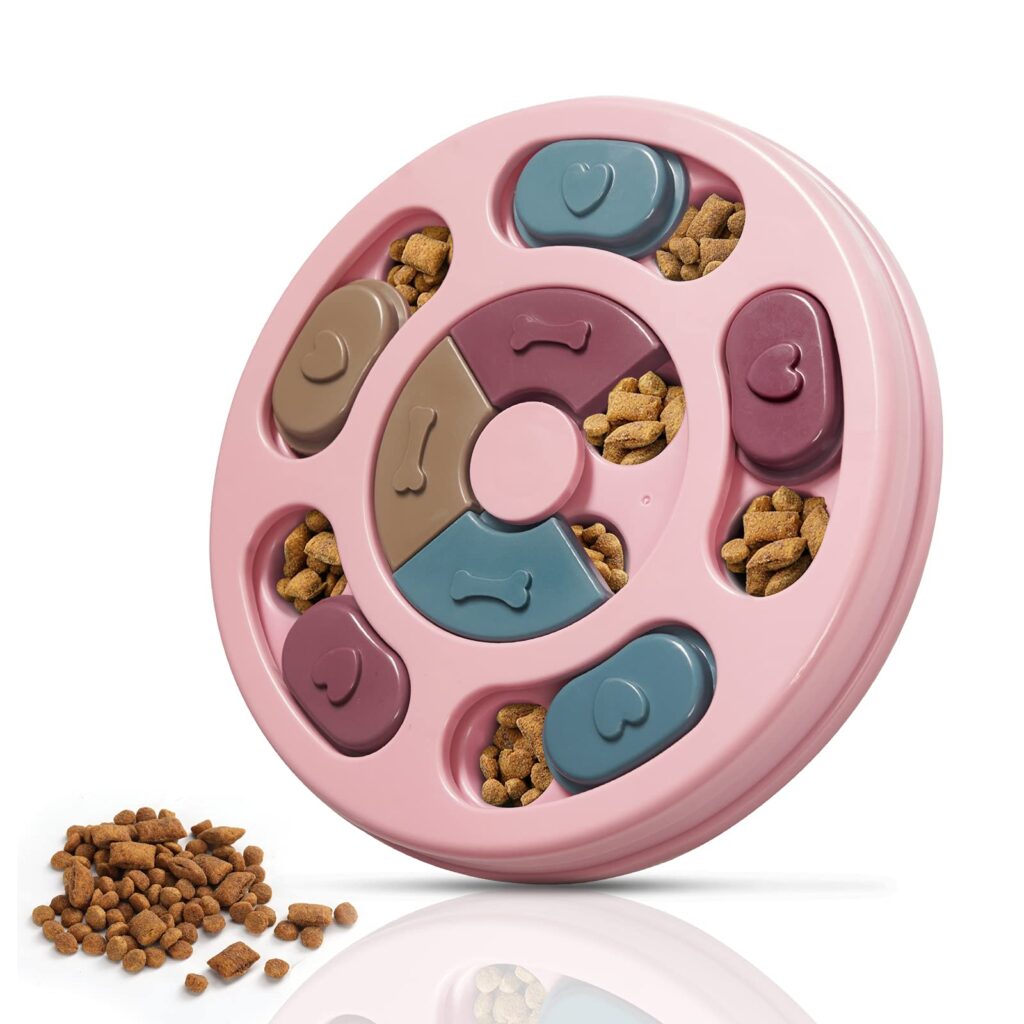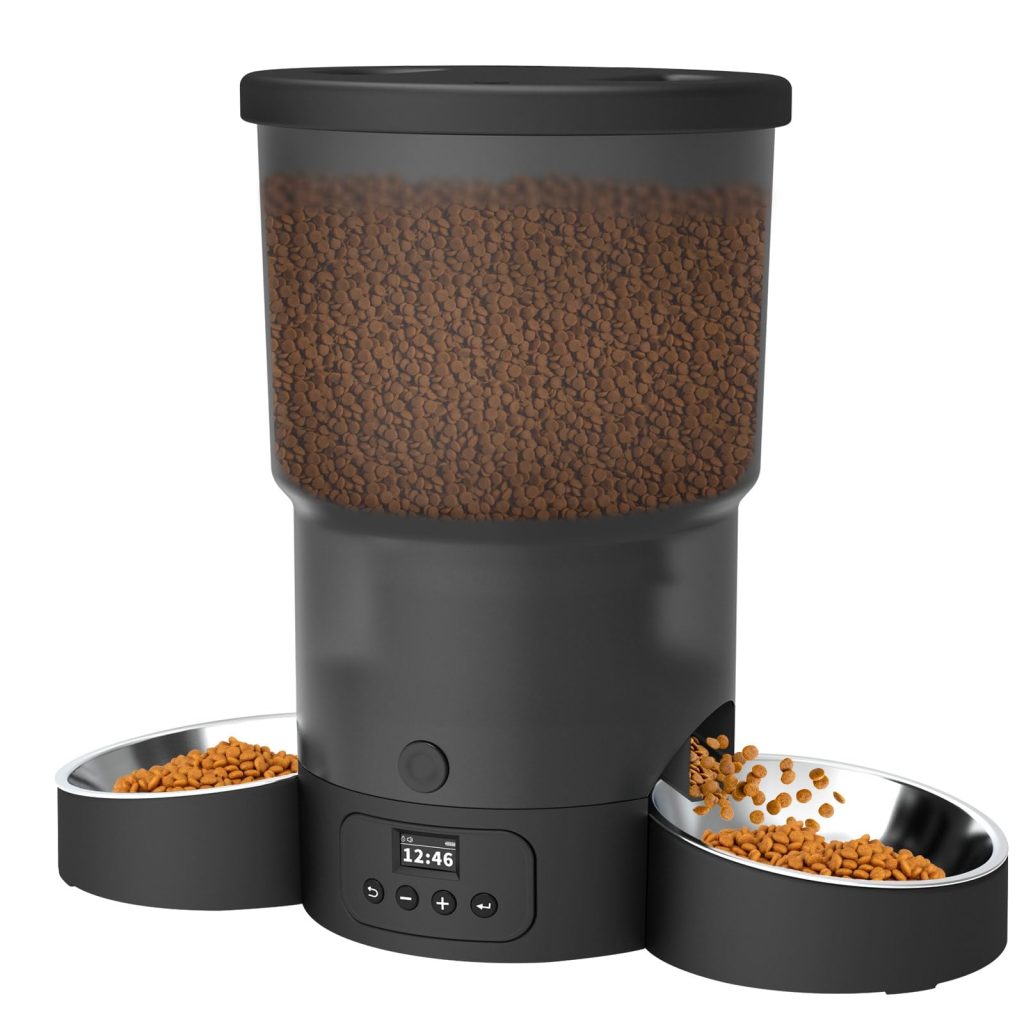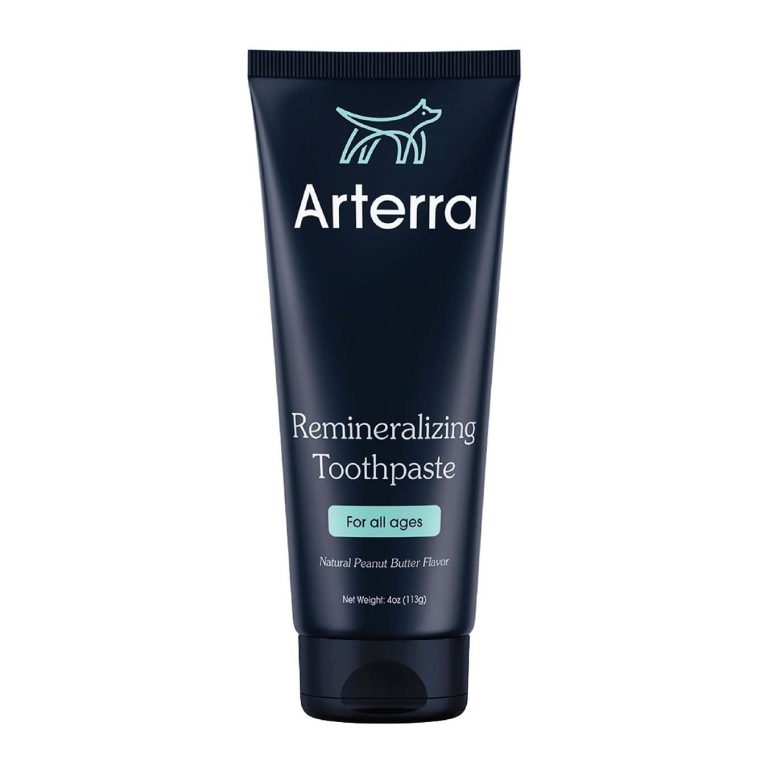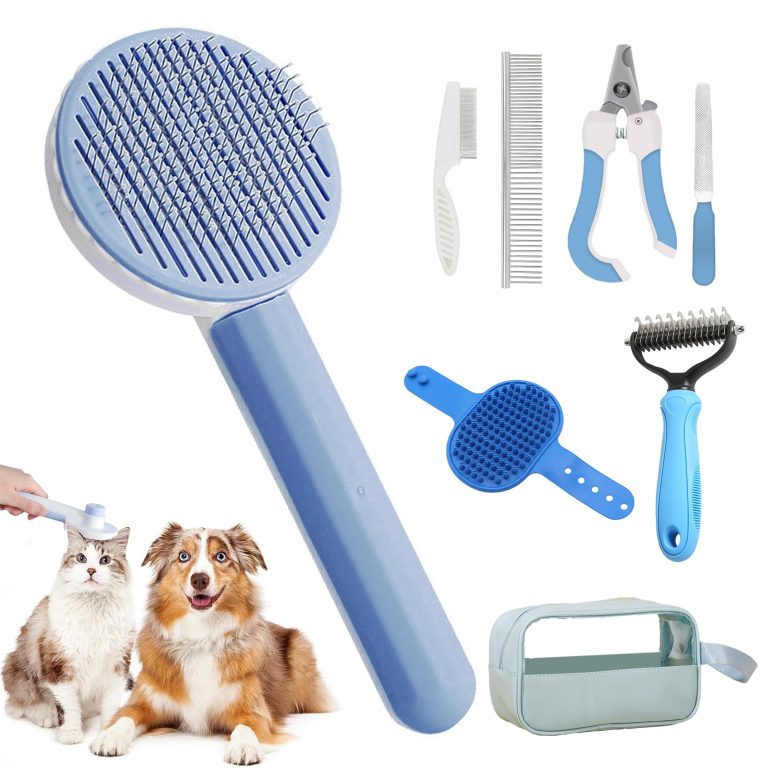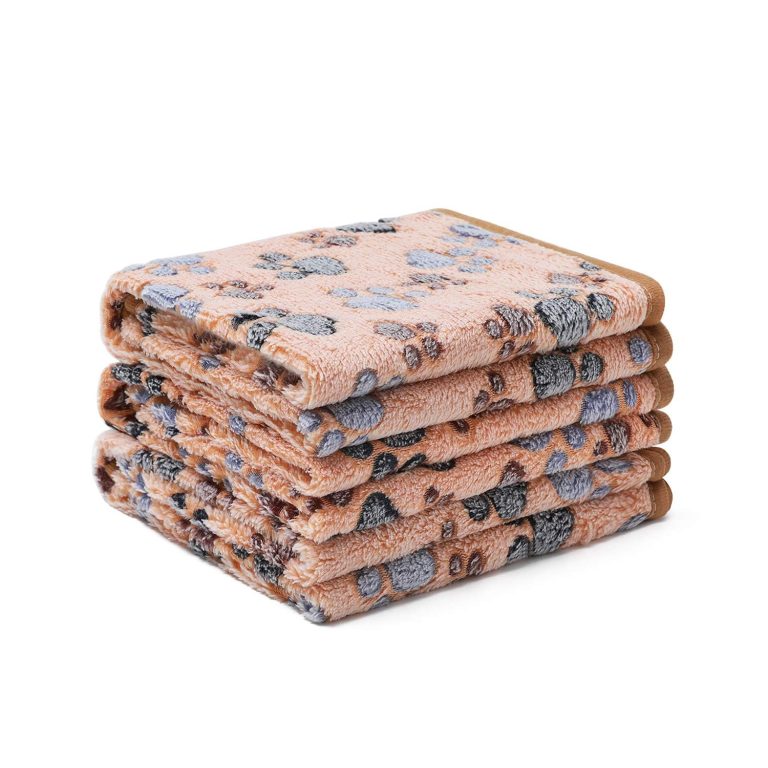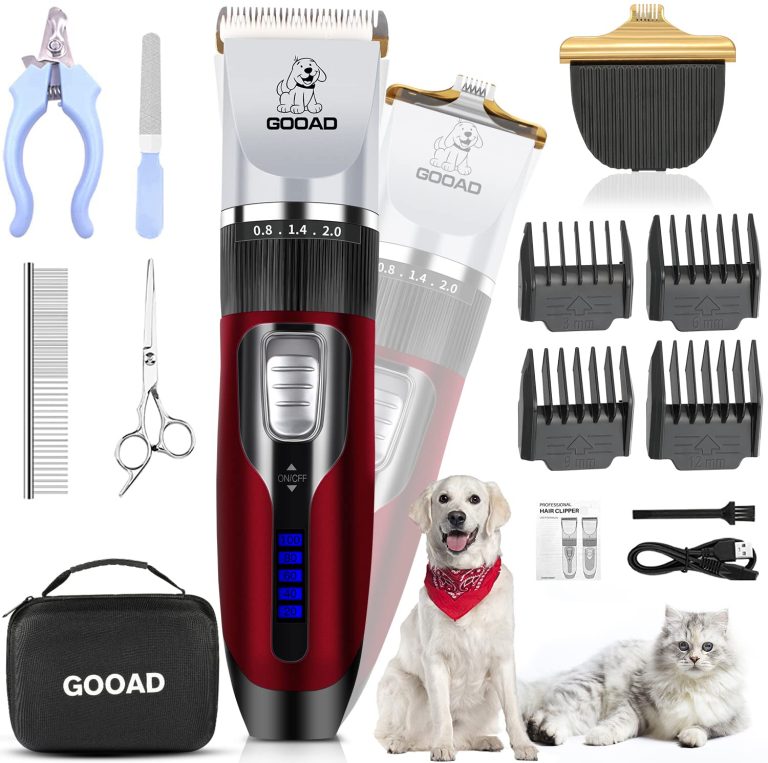The Science of Canine Nutrition: What Research Says
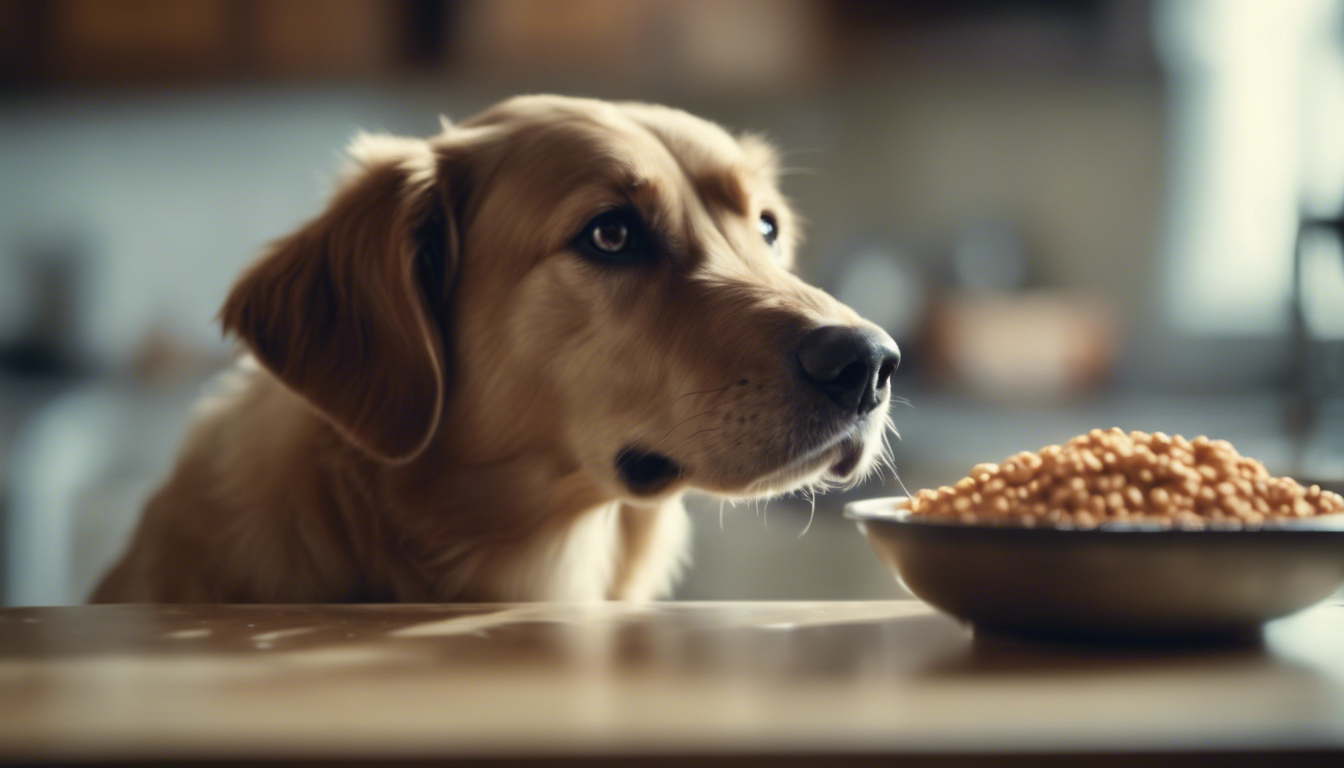
Fundamental Nutritional Requirements for Dogs
Hey there, dog lovers! Let’s talk about what makes up a yummy and nutritious plate for your furry best friend. Consider of your pup as an athlete in training – they need the right kind of fuel to stay active, healthy, and happy. We all want our dogs to be around for a good long time, wagging their tails and stealing our hearts, right? Well, that starts with what we put in their bowls.
First things first: every dog needs a balance of protein, fats, carbohydrates, vitamins, minerals, and water. Protein is the building block of muscles and organs, and your dog needs plenty of it. We’re talking good-quality sources like chicken, beef, or fish. Fats are important too; they’re not just for yummy flavor – they’re essential for energy and cell function. Oh, and they help your pooch maintain a shiny coat! But let’s not forget about carbohydrates. Whole grains or veggies can provide these, giving your buddy the energy to zoom around the yard.
Don’t skim on the vitamins and minerals either. These tiny superheroes work behind the scenes to boost your dog’s immune system and ensure their body functions properly. A well-balanced commercial diet usually has these covered, but if you’re preparing homemade meals, you might need to chow down on some pet nutrition books or consult with a vet to keep things on point.
The needs of your power-pooches aren’t one-size-fits-all though. Puppies are like little balls of energy; they need more calories and nutrients to support their growth and development. Senior furry pals, on the other hand, might need fewer calories to avoid packing on extra pounds as their metabolism slows down. And then there are big breeds versus small breeds – size matters when it comes to how much and what type of food to feed them.
For those intrigued by homemade dog diets, it’s like being a canine chef – but you need to know what you’re doing. It is not just about whipping up some meat and rice. You’ll need the right balance to prevent nutritional deficiencies or excesses that could cause health issues. So before you don an apron and start cooking like a masterchef for your pup, seeking guidance from an animal nutritionist or vet can save you from a recipe for disaster.
Getting your dog’s diet right can be a bit like solving a puzzle, but once you do, the reward is a healthy, tail-wagging best friend who’s ready to fetch or cuddle at a moment’s notice. Stay informed, stay creative, and most importantly, stay attentive to what your furkid tells you they need with every waggle and wiggle!
Advances in Canine Dietary Research
With tails a-wagging for the next scoop of science, it’s exciting to see how leaps in canine dietary research are shaping tomorrows’ doggy dinners. Gone are the days of guesswork and generic kibble; we’re entering an era where each nugget of knowledge contributes to the full picture of pup health. As dog enthusiasts paw over the latest findings, it’s clear that every snippet of wisdom could help our four-legged friends lead healthier and happier lives.
For starters, studies are digging into the specifics of canine metabolism and how different breeds may require tailor-made meal plans. Through genetic research, it’s been found that certain breeds metabolize nutrients differently – a fact that could revolutionize how we feed our furry pals. Imagine if you could cater to your Dalmatian’s unique needs with the precision of a nutritionist – that’s where we’re headed!
Furthermore, researchers are sniffing out the optimal balance of omegas and fatty acids for heart health, and uncovering new ways to bolster your buddy’s brain through diet. Think antioxidant-rich foods that help Fido stay sharp as a tack well into his golden years. And speaking of aging, groundbreaking work is being done on how diet influences age-related conditions like arthritis and cognitive decline.
The role of diet in managing allergies and sensitivities has also been put under the microscope. Tailored diets that exclude common allergens can not only ease itchy skin and upset tummies but also transform a mopey mutt into a vibrant, energetic companion. Alternatives to traditional proteins are being explored too; could cricket protein be the next canine culinary craze? It’s both sustainable and hypoallergenic – an eco-friendly feast for the forward-thinking Fido.
It is not just about the ingredients, though; it’s also how we serve them up. Enter: personalized nutrition plans based on sophisticated algorithms, considering your dog’s age, weight, activity level, and even taste preferences. The age of one-size-fits-all dog diets is becoming a tale of the past as we munch our way towards a future of individualized dog diets.
These research ripples aren’t just confined to labs and libraries. They’re sparking a new wave of creativity in homemade diet options too. Armed with this knowledge, pet parents are finding new ways to infuse health into every homemade meal. Picture popping probiotics into your pooch’s pâté or fortifying Fido’s feast with fiber for fabulous digestion. Science is not only supporting us in raising fitter pups; it is making mealtime a thrilling adventure in bolstering their well-being.
So as we delve deeper into the kibble conundrum and set sail in the sea of supplements, remember every bite your buddy takes could be a step closer to optimal health, thanks to the wonders of dietary research. Tuck in, little tail-wagger, your dinner is served with a side of science!
The Impact of Diet on Canine Health and Longevity
Now let’s chew on how a well-thought-out diet influences our pooch’s health and their journey through the many dog years ahead. It’s fascinating to ponder the connection between a hearty bowl of nutrition and extra rounds of fetch in the park, right? And it’s not just about more play time; it’s about enriching the quality of each moment we share with our furry companions.
Imagine your dog’s body as an engine – the quality of fuel you pour in directly impacts performance and longevity. Opt for high-octane nourishment, and you could see the benefits from the tips of their ears to the wags of their tails. A meticulously mapped-out meal plan, packed with all the essential nutrients, can work wonders by boosting immunity and keeping common diseases at bay.
The power of a balanced diet shines through in their outer appearance as well. Ever seen a pup strut with a glossy coat that simply screams health? That gleam is often the result of omegas and fatty acids doing their magic from the inside out. It’s like a spa treatment with every bite, pampering their skin and fur, all thanks to what’s tucked away in their dinner bowl.
But it is not just about looking good. A top-notch diet also strengthens bones and joints, fueling a lifetime of jaunts and jumps. For senior dogs, especially, the right diet can be a game-changer. By catering to their age-specific nutritional needs, we can tackle age-related issues, giving rise to more twilight years filled with joy instead of joint pain.
Now, let’s face it – weight management is a hurdle many pet parents face. Here’s where diet takes center stage, helping to maintain a svelte figure that keeps your buddy bounding without a hitch. Counter obesity with a well-balanced diet and wave goodbye to a host of weight-related woes that can shorten life expectancy. You’ll help your canine friend live not just longer but also stronger.
For the thinkers and dreamers, brain health is another marvel influenced by what lands in their dish. Cognitive function can be nourished with the right ingredients, keeping their minds as agile as their bodies. This means more years of problem-solving, playing, and perhaps outsmarting you in hide-and-seek.
Diet can also be your ally in combatting chronic conditions. Customized diets address ailments such as kidney disease or diabetes, which if managed well through nutrition, can drastically improve life quality and longevity. It is about turning meals into medicine – a spoonful of dietary discretion can make all the difference.
So when you fill that bowl to the brim with love and thoughtful nutrition, you’re not just satisfying hunger – you’re fueling a future filled with more tail-wagging adventures and loving licks. As it turns out, the best ingredient for a long and healthy dog life could very well be found in your pup’s nutritionally tailored, tasty bowl!
Controversies and Considerations in Canine Diet Formulation
The world of canine diet formulation is much like a dish garnished with debates and seasoned with varying opinions. In the quest for pooch perfection, each ingredient choice can feel like a fork in the road, with passionate pet parents and experts often at odds. The high-stakes nature of choosing between grain-free options or those rich in wholesome grains is enough to spin any dog owner in circles. While some swear by the benefits of a grain-free life thanks to a perceived ancestral diet, others wave research papers highlighting the importance of grains for a dog’s overall health.
And let’s not skirt around the raw food diet that has tails wagging with intrigue and skepticism alike. The thought is that by feeding our dogs what they might eat in the wild, we’re giving them a passport back to primal health. Picture Fido feasting as his wolf ancestors did, chowing down on everything from muscle meat to bone. Yet, while the idea has bite, it also comes with risks such as potential exposure to pathogens and nutritional imbalance if not properly supervised.
Let’s be candid—if you’ve ever found yourself wide-eyed and bewildered in the dog food aisle, you’re not alone. Here’s the t-bone truth: when it comes to canine consumption, the variety of available diets is as expansive and confusing as the dog park on a sunny Saturday morning. The value of boutique diets and exotic ingredients gets tossed like a chew toy between camps of differing views.
Then there’s commercial versus homemade—each with its platter of pros and cons. Commercial diets serve convenience with a side of complete nutrition, often sprinkled with scientific research and quality control. But home-cooked meals offer the allure of personalization, a dash of love, and the comfort of knowing exactly what’s going into your dog’s dinner.
One thing’s fur-sure: our furry friends can’t speak up about food fads or their personal palate preferences. So it’s up to us to decipher labels, wrestle with research, and sometimes debunk myths that might not sit well. Just remember, sometimes simple, time-tested diets can trump trendy ones. It is less about the flash and more about the substance that sustains their frolics and siestas.
In this cauldron of controversy, perhaps the special sauce to success lies in moderation, customization, and a keen ear to the vet’s advice. There’s no one-size-fits-all when it comes to canine cuisine—but there’s certainly a flavor of truth in balancing advice from professionals alongside your pooch’s specific needs. Whether your dog gets revved up for rabbit or goes bonkers for beef, their long-term health hangs in the balance based on these daily diet decisions.
The bottom line? Whipping up your dog’s perfect diet is akin to crafting an artisanal burger; it takes attention to detail, quality ingredients, and an understanding of how it’ll serve their body best. So as we navigate this maze of meaty matters and veggie varieties, the golden rule is simple: know thy dog, consult thy vet, and aim for balance on the journey towards a happy, wagging tail at mealtime.
